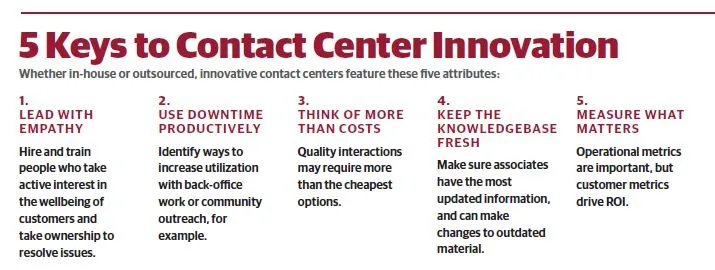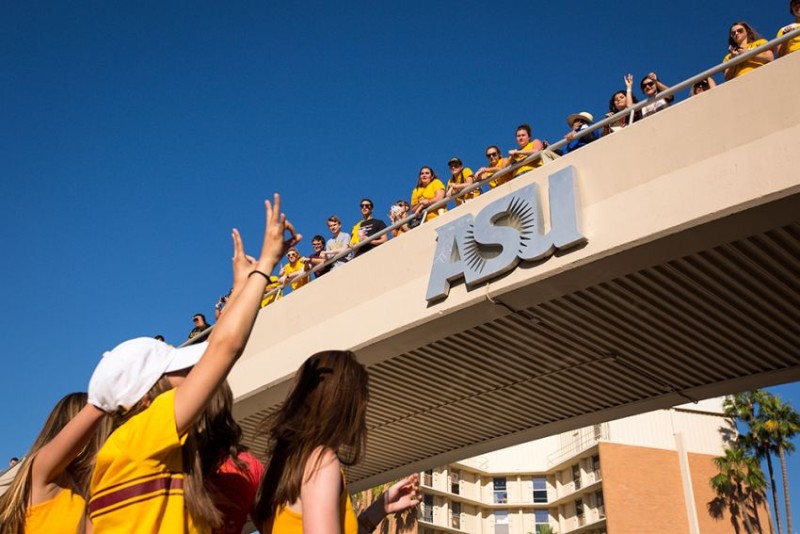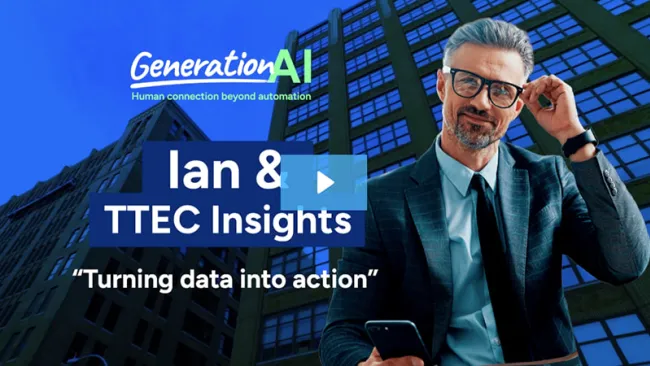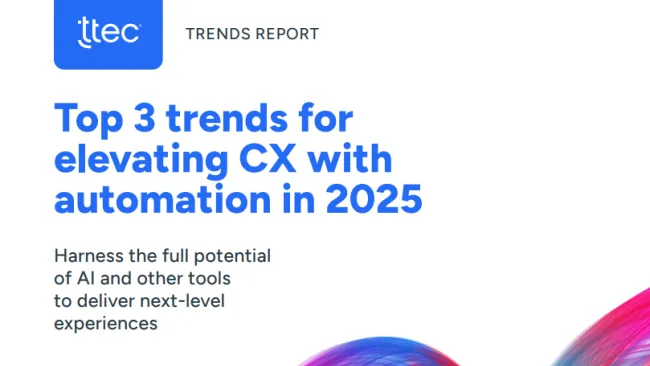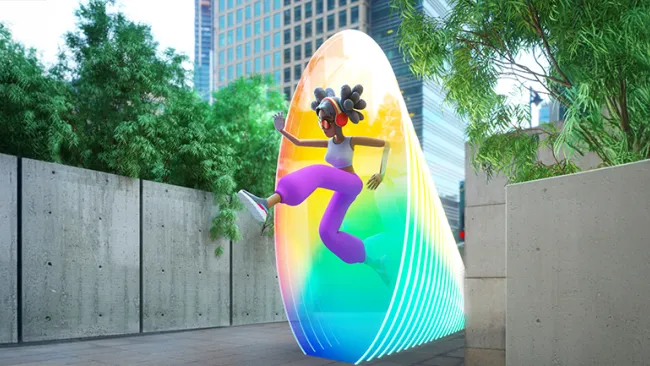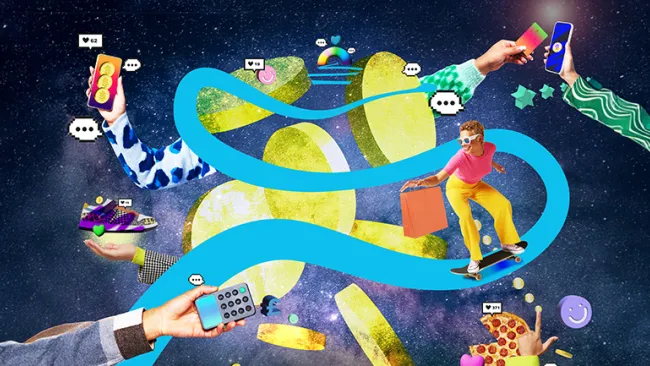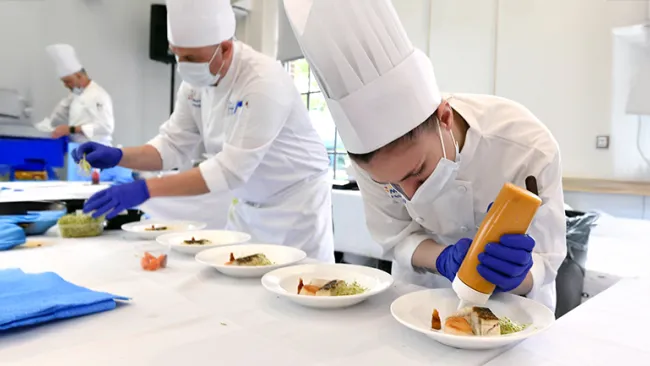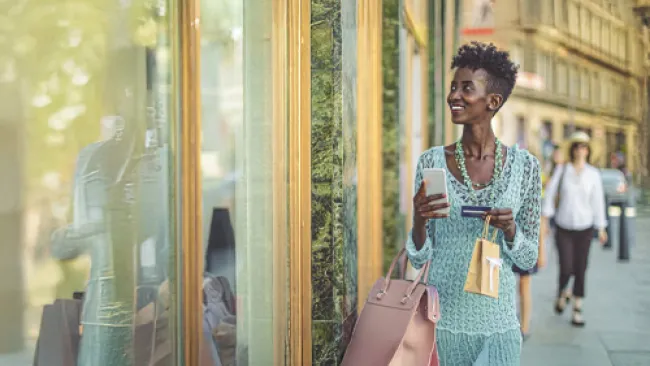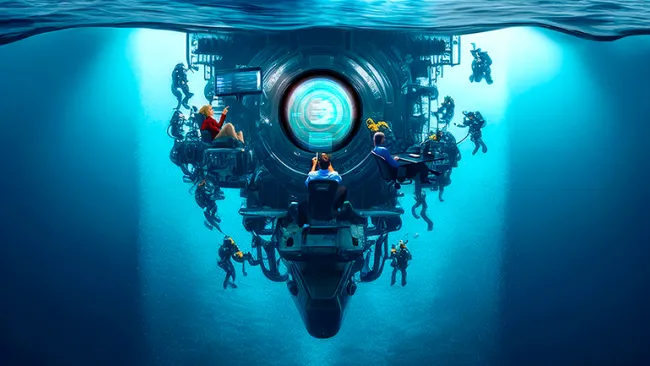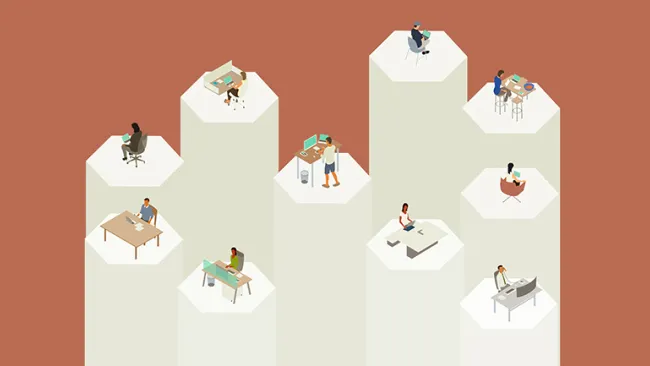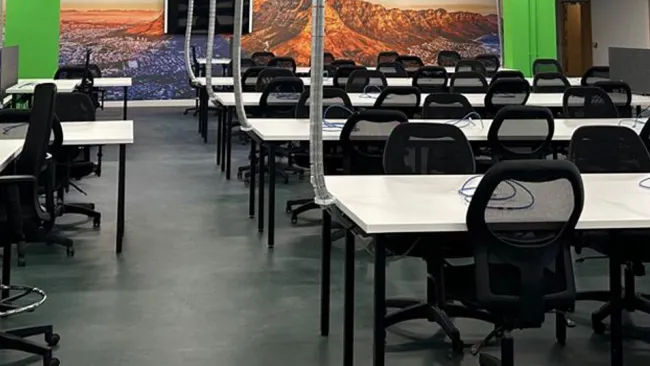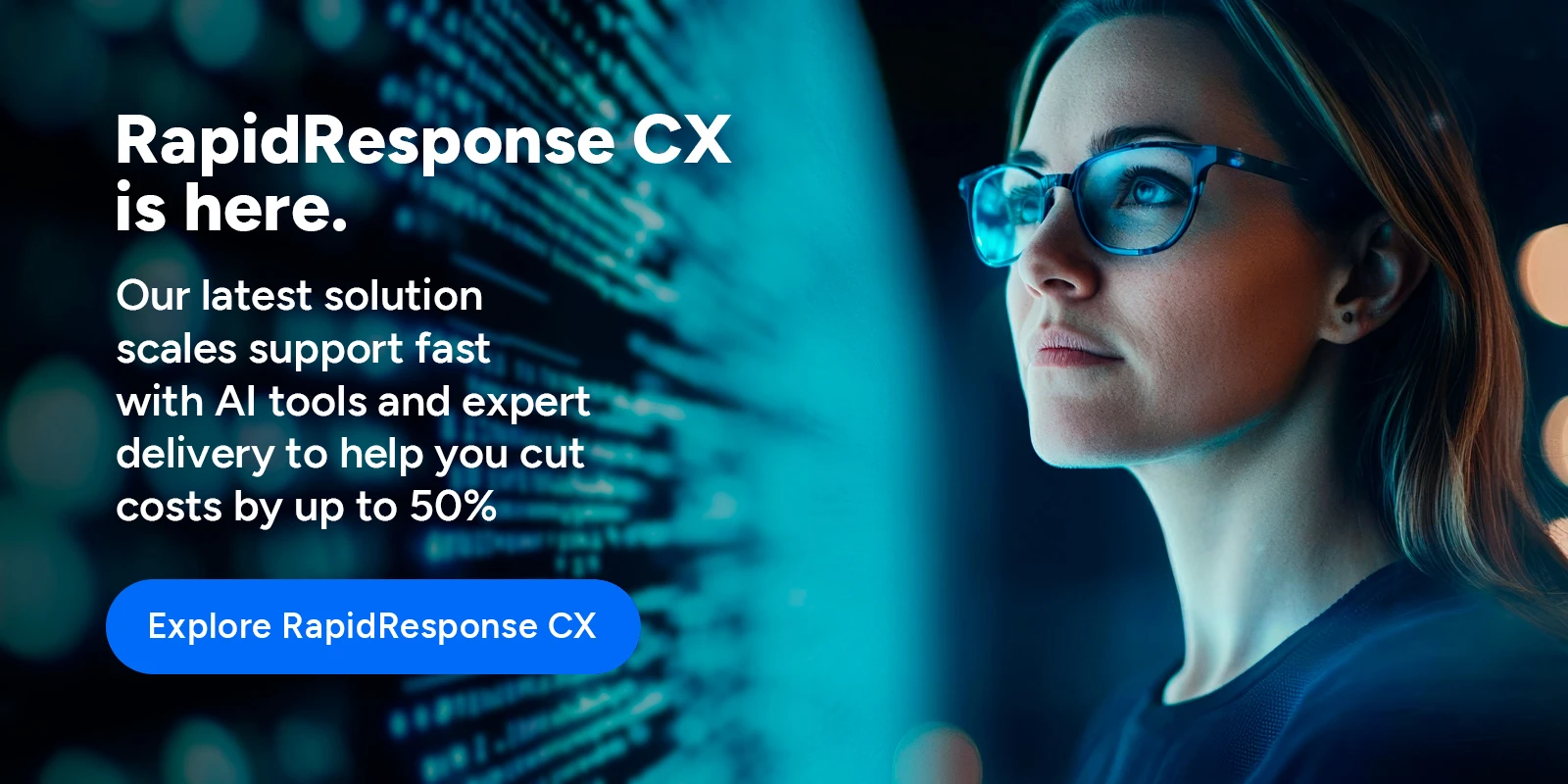Arizona State University is on a mission to innovate. Long a staple of the Phoenix area, it has also created a national presence with its online degree and certificate programs, and was named the “Most Innovative” university by U.S. News & World Report three years in a row, beating out Stanford and MIT, among others.
According to U.S News & World Report, “the innovation ranking is due at least in part to a more than 80 percent improvement in ASU’s graduation rate in the past 15 years, the fact that ASU is the fastest-growing research university in the country, and the emphasis on inclusion and student success that has led to more than 50 percent of the school’s in-state freshman coming from minority backgrounds.”
Innovation is one way the company strives to live up to the values presented in its charter, says Eric Dover, executive director of ASU’s Experience Center & Learning Space Services. The charter states: “ASU is a comprehensive public research university, measured not by whom it excludes, but by whom it includes and how they succeed; advancing research and discovery of public value; and assuming fundamental responsibility for the economic, social, cultural, and overall health of the communities it serves.”
Leaders at the university believe that everyone should have access to education and resources, and that anyone associated with the university be accountable and responsible for the overall community. Innovation in classes, student services, and other areas contribute to the charter’s realization, Dover says. It helps change the mindset across the university that new ways of doing things are encouraged.
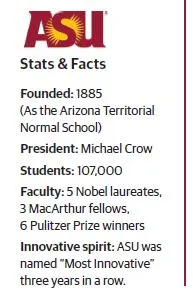
Rethinking the contact center
Innovation extends to the university’s experience center, which serves more than 107,000 students, along with faculty, staff, and the community at large. The center handles more than 500,000 calls and 80,000 chats per year, and is staffed by 69 full-time employees, 12 part-time employees, and 22 student workers.
“We’re the front door to the university,” Dover says. The center takes all types of questions, from IT issues to general information inquiries, parking questions, facilities questions and financial aid assistance. “We’re a concierge model, with staff prepared to answer any question” or connect with the department that will, he says. “A friction-free experience is key and our goal.”
Until recently, the center was outsourced to a third-party vendor, primarily to keep costs down. But it didn’t gel with the mission of the university. The president, in an innovative move, brought the center back in-house with a mandate to better serve the ASU community without the cost constraints that affect typical contact centers. “We had more [budgetary] freedom in launching the center compared to other centers,” Dover says. While most universities staff their centers with students, ASU wanted a more stable, long-term workforce that would be highly knowledgeable about the university and in how to solve issues. In addition, student workers fluctuate each semester and have limits on the amount of time and how late they can work, which didn’t fit the university’s 24/7 operating model. So Dover enlisted a mix of full-time, part-time, and student workers to staff the center, with extra support prepped for seasonal surges in July, August, and January.
For Dover, customer satisfaction is the most important metric of success. With the outsourcer, CSAT hovered around 60 percent. He says customers didn’t feel as if the specialists were connected to the university. “They were indifferent.” That was a big reason they moved operations back in-house. “We became focused on finding people who have service in their heart,” he says. “In the hiring process, we are looking for authentic and caring people, we really hire on those soft skills. I have a few of my management staff who are very talented at fleshing out in the interview process which candidates already embody our organization’s positive core values.”
ASU is unique in that as many as 100 people may apply for each position, so Dover is able to be selective in hiring, based primarily on soft skills and empathy. “What causes CSAT scores to dip?” he asks. “Not average speed to answer. It’s things like an unsure or unconfident specialist, who isn’t friendly or engaging. We aim to make a human connection every time, and lead with empathy.” For example, any new student calling with questions will be received by a “Welcome to the Sun Devil family,” response. And every specialist takes responsibility for calls and offers to help.
Once they begin taking calls, specialists must cover a variety of issues, which means they must be curious and always looking to learn. “There is a lot to know,” Dover says about the center’s skillset. “We do have quite a bit of information in our knowledgebase system. We also have refresher training with staff.” And he says that some specialists are focused on certain topics, such as financial aid. “The staff that take financial aid calls are mostly dedicated to the subject, with the exception of emergency-related items.”
Dover says the empathetic, solution-oriented team impacts not only the center’s operations, but also the university at large. CSAT is now in the mid 90s. But that’s not all.
“We have become a key component of student retention in many ways,” Dover says. “There are times where students or parents call us completely frustrated and we take the time to explore their situation and to find the resources to help them work through what may be going on.”
Contact center innovation for more than just customer service
ASU’s contact center staff does more than just inbound customer service. Per ASU’s charter, Dover and the experience center see itself as stewards to the community. That’s why the group is using its resources and capacity to help the Phoenix area and beyond. It has partnered with Arizona’s state and local emergency management departments to prepare to deploy outbound and inbound communications in case of emergencies like active shooters, flooding, earthquakes, or nuclear leaks.
In the active shooter scenario, for example, Dover’s team spent a year planning exercises and setting up systems to collect and disseminate information via phone for family reunification and status updates. The team will answer phone calls from a 1-800 number set up in the case of an earthquake, and it is ready to make proactive outbound calls about impact and evacuation to affected areas if there is ever a breach at the nearby nuclear power plant.
“Our partnership with the City of Phoenix, Maricopa County, and the State of Arizona has officially launched,” Dover says. “We have exercised with them twice since June. Supporting this service has become a part of some our specialist’s normal work duties. They go through special added training to be a part of our CARE team.”
Innovation baked into operations
These are just some of the ways ASU has innovated via the customer experience. Dover says thinking outside the traditional contact center mindset has led to success.
“The culture of innovation really frees us from the ‘we have always done it this way’ kind of thinking,” he says. “We are always looking for new ways to improve the student experience as well as the experience for our specialists. We are not beholden to the traditional service models of universities of yesteryear, but are really given the freedom and support to explore how best to deliver an exceptional experience to our ASU family that is aligned with the ASU charter and design aspirations.”
And it also provides Dover with a sense that his team can make a difference in the lives of those they interact with.
“I love being deeply engaged with the broader mission and charter of the university and ensuring that we deliver the best possible experience to our ASU family and beyond,” he says. “It’s really the people that make this such an amazing organization, not just the staff of the Experience Center but our service partners and our broader ASU family. To know that we are doing something that no other major university is doing to support their students, faculty, and staff is really spectacular.”
